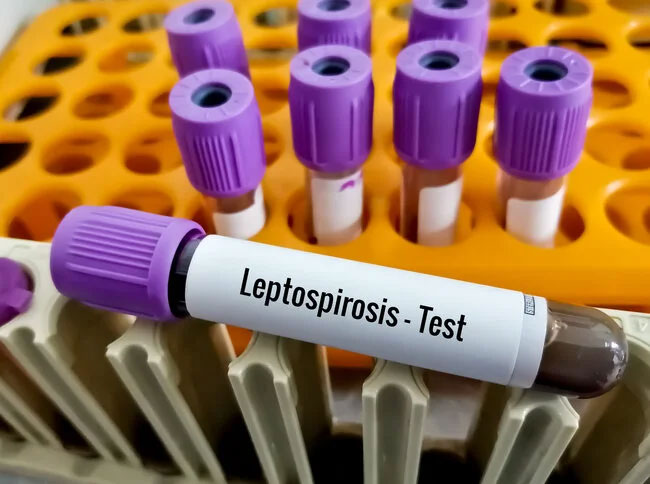December 12, Colombo (LNW): Health authorities have confirmed that the mysterious fever, which has recently spread across the northern part of Sri Lanka and led to the deaths of seven individuals, is caused by Leptospirosis, commonly referred to as ‘rat fever’.
The confirmation follows extensive testing on several samples by the Epidemiology Unit of the Ministry of Health.
The outbreak had initially raised concerns due to its rapid spread and the severity of symptoms, which included high fever and respiratory issues. Authorities were unable to pinpoint the exact cause of the illness for several days, leading to widespread alarm amongst the public.
However, after rigorous laboratory tests, it has now been definitively identified as Leptospirosis, a bacterial infection typically transmitted through contact with water contaminated by the urine of infected animals, particularly rats.
The illness, which is prevalent in tropical regions, has been known to cause severe complications if not treated promptly, including kidney damage, liver failure, and even death.
The Ministry of Health has urged the public, particularly those living in flood-prone areas or working in occupations with high exposure to water, to take preventive measures to avoid infection.
This includes wearing protective clothing, avoiding direct contact with potentially contaminated water, and seeking medical attention if symptoms develop.

